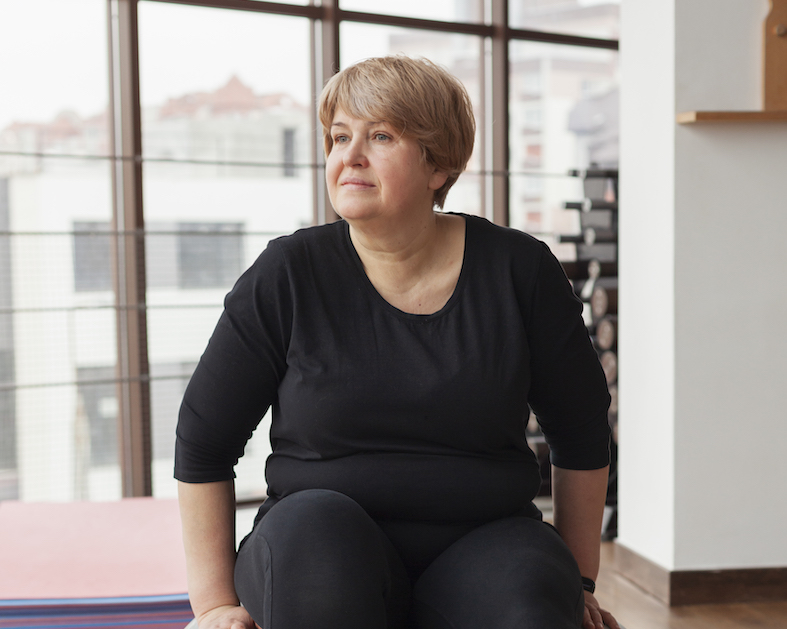The Check In: How, When and Why to Check In with Friends
Checking in with yourself and those around you is an incredibly powerful skill. We’re taking an in-depth look at check ins and the art of checking in with your friends.
Why Should You Check In?
There are huge benefits to checking in with others!
- Checking in at the right time can really help people to overcome challenges.
- Check ins allow you to connect with others and can strengthen relationships over time.
- Checking in can help you to open up and become more articulate about your life.
- Insight into each other’s successes and failures can be a powerful opportunity to learn and grow, individually or together.

How Can I Check In on Myself?
Self reflection is really powerful and sets the foundation to check in with others.
Self reflection is an opportunity to look in the mirror and ask questions. Self reflection is the act of thinking about your own thoughts, actions, motivations and beliefs, and your impact on others.
There are many benefits to self reflection:
- You’ll be ready to share a bit of your own struggles or successes.
- You’ll know if you’re in a position to support others.
- You might identify things to do to progress in the future, or identify areas where you need help.
How Can I Check In With Friends?
Check ins can be simple: maybe it’s a short text or a phone call. Check ins can also be longer or more complex: maybe it’s a coffee, a longer lunch or plans for an activity.
Whatever format you choose, there are certain mindsets that really help you to do a check in:
- Be prepared to be vulnerable. Sharing is powerful.
- Be prepared to be confidential. Trust is critical.
- Know that you don’t have to solve the problem. Sometimes it’s enough to simply be there for your friend.
- Know that your words matter, but your body language and facial expression can be as important.
The setting for a check in can play a large part in the success of the conversation. Check ins are more likely to be successful if:
- You’re meeting somewhere that’s private and not too disturbed.
- You’re not distracted from the conversation, including by phones.
- You’ve got something to help fill the silences, like a coffee, a meal.
Finally, it’s really important to be aware of the power dynamics of a check in. A good example of this is where a boss wants to check in on an employee, but may be met with some defensiveness.

How Can I Ask if a Friend is OK?
There is a definite art to starting a check in. Closed questions like “Are you ok?” are perhaps the easiest for someone to avoid a detailed answer. Open ended questions are generally more likely to get a deeper response.
However, even an open-ended question like “How are you?” can have many layers of social convention and can often be met with “I’m fine”. Questions like “How is work?” or “What have the kids been up to?” are examples of slightly deeper open-ended questions.
From a different perspective, if you think something is wrong, you might notice a change in the other person. If someone has withdrawn or isn’t their usual self, this observation might be the catalyst to ask if they’re really ok.
When Should I Check In with Friends?
Check ins can be prompted by all sorts of reasons:
- You haven’t heard from someone for a while.
- You thought of them recently and wondered how they’re doing.
- Someone you know is showing the signs of depression, anxiety, loneliness or some other mental health issue.
- Someone is facing an event that might be stressful or traumatic.
All of these can be legitimate reasons to check in on someone.
While there is no single right schedule for a check in, check ins become very powerful when they’re done with regularity. The right schedule depends on who you’re checking in on!

What is the Role of Professionals?
Check ins aren’t intended to be a professional psychological support service. There is definitely a role for counsellors, psychologists and other mental health professionals.
Nonetheless, the ‘average’ person still has a huge role to play in supporting their friends, family and other significant others around them. The skills outlined here are perfect to fulfil that role.
Of course, if someone you know is experiencing difficulties that should be seen by a professional, refer them on, or at least let them know that you think they need more help than you can offer.
iyarn: The App for Checking In
We’ve built iyarn to help you check in, in your personal life and your professional life.
Simply define what matters to you or your contacts, and check in on those topics! Its easy to get started.
Use iyarn’s web app if you’re on a desktop or download the app from App Store (for iPhone) and Google Play (for Android)
Set up a wheel in a few clicks and then share it to the people you need to check in with.
iyarn is great as it can form a habit for checking in!




